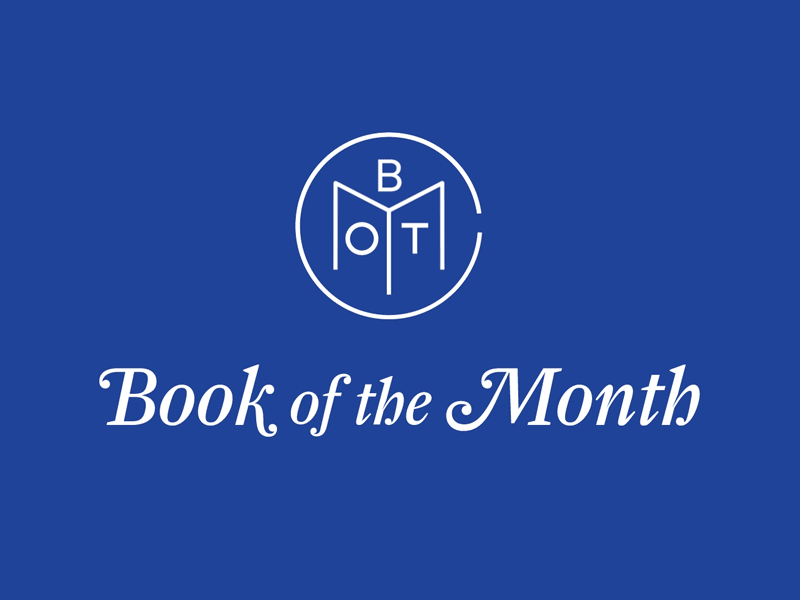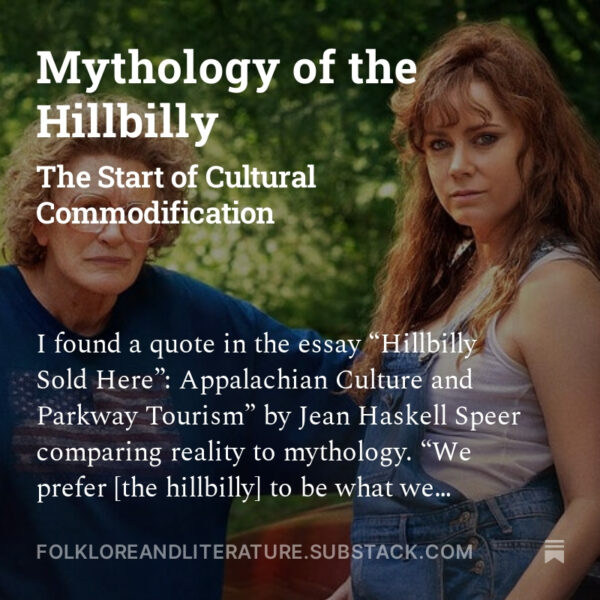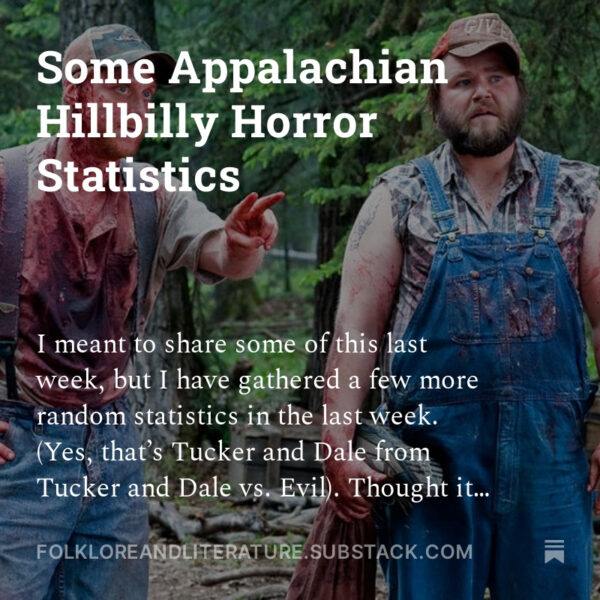Don’t Read That, Read This
My blog was down for a few days so I also posted this over on my substack that was put together to share my writing.
Came across this on Threads. This is something that really needs to be talked about. Me and my MA in English Literature has thoughts.

Let me start by sharing this reply because it’s important.

There are a lot of books that, as someone with both a BA and MA in English, I have been told I should have read by now, I have not. The list includes:
· Anything by Jane Austin
· Metamorphosis by Ovid
· Something other than A Christmas Carol by Charles Dickens
· Middlemarch
· The Great Gatsby
· The Picture of Dorian Grey
· Anything by Voltaire
· Shakespeare plays other than the ones I have read
There are more, these just come to mind first.
Look, Dracula is considered “the best” horror novel ever written. I realize it did a lot for making horror a genre and all, but it is really the most “meh” horror book every written. I will fight people on this. Stoker was a lazy writer who forgot what he had written (I mean, the story was serialized), and no one ever talks about the inconsistencies throughout the book. The one that annoys me the most is how Lucy, upon “death” and her transformation to a vampire has her blonde hair turn black. Excuse me? Previously in the story, the ‘brides’ of Dracula (although they were not referred to as brides by Stoker) all had different colored hair. There was a blonde, a redhead, and a brunette. What gives? He seriously needed a better editor to catch stuff like this. Did editors even exist back then? Yes, I went off on a tangent about this in class, and the footnotes by some “literary expert” rationalizing it off. My professor agreed with me.
The thing is, I remember reading Dracula in high school. I was excited because finally we were being given something good to read. I don’t remember having an issue with it. Then during my MA I had the knowledge to know this book was seriously flawed. I later told my Southern Gothic Lit professor that the reason I like Dracula was because of Bela Lugosi, not because Stoker wrote an amazing Gothic work, that the book was very “meh”. He agreed as well.
This is part of the problem. Many of the scholars who are teaching English majors today, believe these books are great because they were told they were great, and they bought into the rhetoric of a canon. They proceed to teach as such.
My Southern Gothic Lit professor accepted any reading of the books and short stories we were given. Lincoln in the Bardo by George Sanderson was read from everything as historical fiction to a Buddhist lesson in empathy and letting go. Each of these readings were legitimized, and we were encouraged to think about our ideas and expand them. We were encouraged to explore why Sanderson made the choices he made in writing the book. Annihilation by Jeff Vandermeer was read as everything from eco-gothic to a trans coming out story. Again, each of these readings were accepted. The same goes for Sula by Toni Morrison and Sing Unburied Sing by Jesmyn Ward.
Through both undergrad and grad school I never experienced a professor telling us “This is what the book is about, and this is how you should read it” except in those rare circumstances where there were interviews and documentation from the authors saying, “This is what I was writing about.” You don’t get that kind of information often. Ursula K. Le Guinn provided it for The Left Hand of Darkness and Frank Herbert for Dune. However, there is still room for individual interpretation, and we were asked to explore our own ideas about these books. It is teachers and professors telling you that only one reading is correct is what ruins the love of reading.
Now, I am going to admit that I have bought some of these books that I should have read to read, some of them I think I will like, others I am not so sure about. I will also admit that there are books I thought I was going to hate and ended up loving, and vice versa. Everyone likes different books for different reasons. I have my favorite genres, science fiction is at the top, and it is a genre that is typically looked down upon. I love African centered sci-fi and fantasy and how these stories draw from African folklore rather than Western. I will read anything that has ties to folklore from countries outside of the West.
My reality is I will read anything regardless of genre or if something is considered highbrow or lowbrow. Books are books. I even have a bad habit of reading books from reading apps that are filled with spelling and grammar mistakes (these apps really need to employ editors), have storylines that need work, and are all kinds of a hot mess.
If English majors/graduates are supposed to become pretentious about literary works and only extol the works of Shakespeare, the Bronte Sisters (I do love Wuthering Heights, but I also love the Gothic), and every dead cisgender, heterosexual, dead white man who has ever written a book, I’m afraid I have failed and need my degree taken away from me. I’ve failed Literary Brainwashing and Advanced Literary Brainwashing.
An English degree is supposed to make you question if Bram Stoker should have been writing with all the inconsistencies made in Dracula. It’s supposed to make you realize that Shakespeare made dick jokes, wrote things based on popular belief and perpetrated stereotypes and conspiracies in the process (and don’t even get me started on the love story bit of The Tempest), not see these authors as unfailing and perfect, and as the standard that everyone else needs to be held to. You can get just as much, if not more, from the works of Suyi Davies Okungbowa, Rebecca Roanhorse, Jeff Vandermeer, Chuck Palahniuk, Neil Gaiman, Andrew Joseph White, or Martha Wells.
Intelligence is not based on what you choose to read. Intelligence is based on understanding the good, the bad, and the problematic of what you read.















